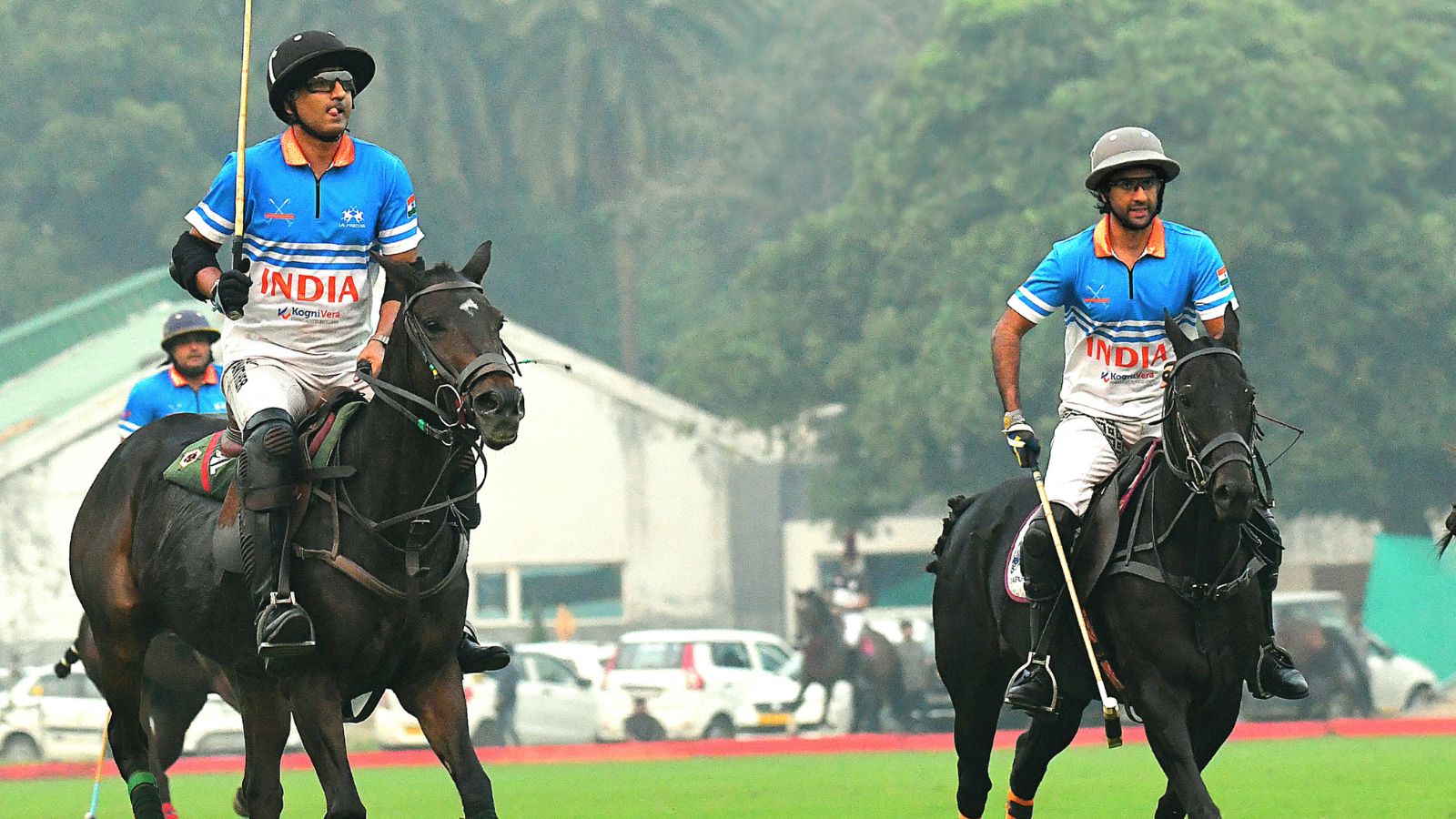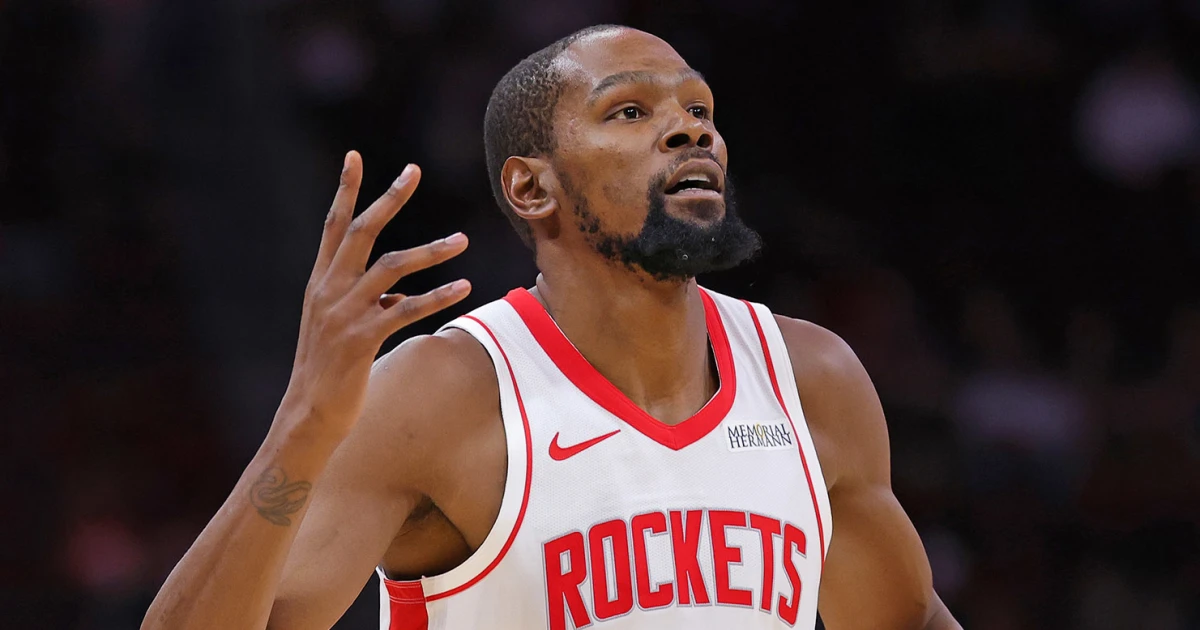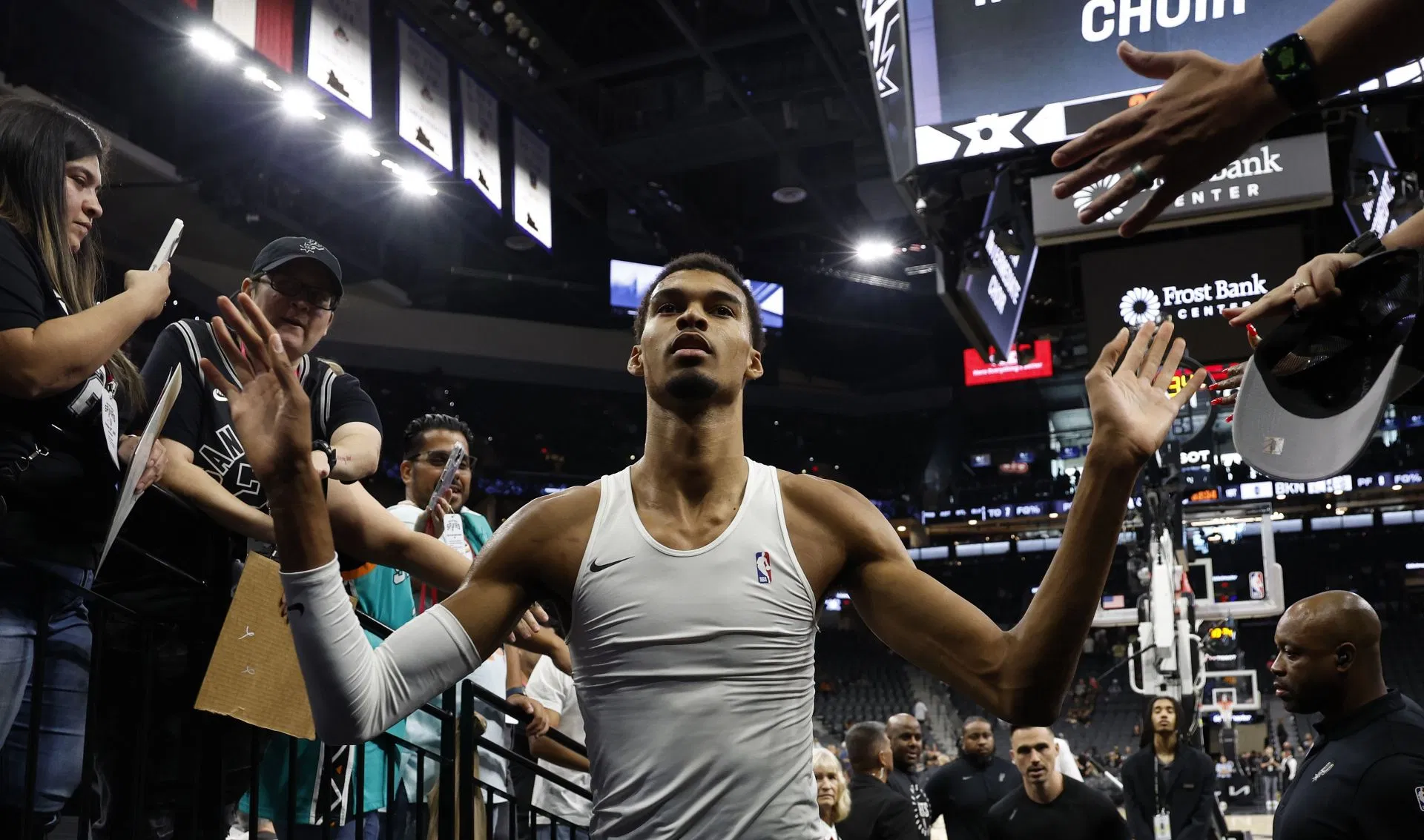Copyright news18

The Jaipur Polo Ground sits nestled in the heart of Delhi – vast, green, bordered by the Race Course on its side. And on a bright October autumn afternoon, this expansive patch of land became witness to something the capital hadn’t seen in five years: international polo at the highest level. India and Argentina served up a game that felt equal parts poetry and pulse. The KogniVera International Polo Cup ended 10–9 in India’s favour. The scoreline was tight. The game was breathless. And for those watching, it was a masterclass in speed, skill, and the unlikely elegance of a sport played from the back of a galloping horse. A fair share of spectators filled the stands. Ministers, diplomats and patrons watched from the sidelines, including Union Minister for Tourism Gajendra Singh Shekhawat, Minister of Parliamentary Affairs Kiren Rijiju, MP and polo patron Naveen Jindal, poet Kumar Vishwas and Lt. Gen. VMB. Krishnan, Quarter Master General of the Indian Army. Polo’s tempo is immediate and loud. Eight players – four a side – ride specially bred polo ponies that sprint like racehorses yet pivot on a dime. The long mallets flash through the air. Long drives from midfield carry the ball for dozens of metres – some of those shots would have even put a specialist ‘Long Driver’ in golf to shame. Then there are deft touches, fierce challenges and a few skirmishes. The game in itself was electric. Nineteen goals were scored in total – a thrilling spectacle. Sawai Padmanabh Singh of Jaipur was outstanding, with defensive skills that saved close calls and an attacking temperament that kept Argentina on their toes … rather hooves, in this case. The veteran Syed Shamsheer Ali made repeated breathtaking runs through the open field – equivalent in size to at least three football fields – with Argentine riders in pursuit, a sight worth watching. Siddhant Sharma manoeuvred his horse in ways horses aren’t supposed to move and turn, yet the polo ponies delivered. Simran Shergill, the captain, played like a king in the Sport of Kings. “Winning against Argentina is an incredible moment for all of us,” Shergill said after the match. “Every player gave their best, and the energy from the stands pushed us even further. It’s a proud day for Indian polo.” However, the significance of the match extends beyond the result. For Sawai Padmanabh Singh, the victory carried personal and historical weight. “It’s very, very significant for all of us as the Indian polo community,” he told News18 Sports after the match. “It’s the first time in 10 years, in fact, that we’re playing an international game on home soil. We do get the chance to play abroad, but never on home soil. So a very important day for all of us. And also such a pleasure to play for our country, for the colours of our country, against the leading polo country in the world, here at home on this beautiful Jaipur Polo Ground, which actually was made by my ancestors and given to the world of polo,” he added. Beyond the on-field drama, the day was also vital for the visibility of Polo with the match being broadcast and streamed live. Padmanabh, also called ‘Pacho’ on the field, argued that India must do more to put the sport of Polo before wider audiences. “Polo is India’s gift to the world. Once people start to know about it, it is, in the end, one of the most beautiful things you can watch,” he said. He urged clubs and broadcasters to stream regular-season matches to build interest. “If you can find ways in which to stream Polo and regular season games of our polo season, if you can find a way to stream those, I think that should take care of the visibility issue.” Corporate support, organisers and players agreed, will be central to that push. “Polo represents grace, grit, and global friendship,” said Kamlesh Sharma, CEO & MD, KogniVera IT Solutions. “Hosting and witnessing India’s victory at the KogniVera International Polo Cup has been truly special. It’s heartening to see this sport unite people across cultures and inspire excellence on and off the field.” “There’s nothing wrong with it,” Padmanabh said when asked about private partnerships. “Every sport in the world that has done well has had a lot of corporate interest. You look at baseball, cricket, even kabaddi, now with the sponsors that are supporting that sport. So I think that inevitably helps the growth of the sport. The players can get better opportunities. They’re able to play on better surfaces. In our sport, for example, we’ll be able to get better horses.” “I really do hope that we can get more corporate attention towards our sport. And I really do urge people to realise that this is India’s gift to the world and take ownership of this beautiful sport and urge people to come and support us in whatever way they can,” he added. For many in the stands, the afternoon was an introduction to a sport of speed and subtlety. It was an amalgamation of hockey’s flow, golf’s long drives, and the majesty of horsemanship taken to the highest level. For players and patrons, it was a reminder that international attention – and investment – can follow performance. “Our hope is always to get the best results for our country,” Padmanabh reminded. “If the national team does well and if Polo domestically does well, that does inherently contribute to the growth of the sport.”



